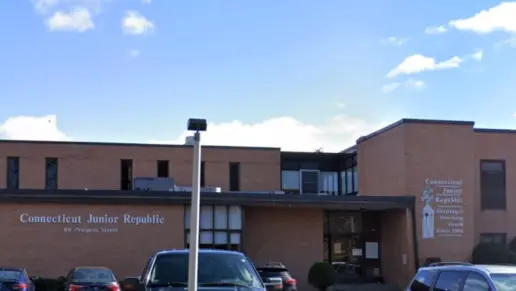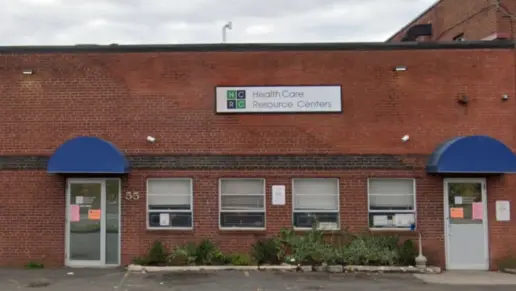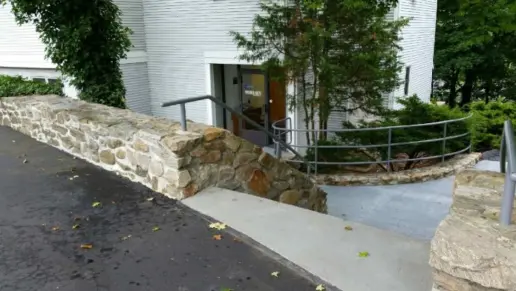There's a lot of drama in the house and the house phone is barely available, computer, peanut butter and other food is gone within 2 days. We do 3 outside meetings a week that are mandatory, and we never leave the cabin other than that. It's a lower level of care, but it sti ...
About MCCA – Trinity Glen Women’s Program
MCCA - Trinity Glen Women’s Program offers alcohol and drug rehab services in Kent, Connecticut. The facility offers residential care and aftercare programs for young adult and adult women. Specialized programs are available for seniors, veterans, and justice involved clients. Services are available in English and Spanish.
The 11 bed residential care program offers semi private dormitory rooms with spacious living quarters and community rooms. In this program, clients benefit from 20-30 hours of evidence based therapies, individual counseling, group support, and a range of therapeutic activities each week. Clients can address their long term mental and behavioral health disorders, develop life skills, and form healthy daily living routines. Recreational programs and enrollment in AA and other support groups are also available.
Trinity Glen Women’s Program offers continual care and support for alumni. Referrals may be made to other centers in the MCCA network for acute care, or to outside facilities.
Trinity Glen offers self pay and financing options. The center may be in network with Aetna, Beacon, BlueCross/BlueShield, Cigna, Humana, Optum, and Wellpoint. Please check your coverage and out of network benefits.
Facility Overview
Rehab Score
Gallery

Location
Accepted Insurance
Other Forms of Payment
Self-pay involves paying for treatment out of your own pocket. You can use savings or credit, get a personal loan, or receive help from family and friends to fund your treatment. If you don't have insurance or your insurance plan doesn't cover a specific program, self-pay can help ensure you still get the care you need.
Medicaid is a state based program that helps lower-income individuals and families pay for healthcare. Medicaid covers addiction treatment so those enrolled can use their coverage to pay for rehab. When a program accepts Medicaid the client often pays very little or nothing out of their own pocket.
Private insurance refers to any kind of healthcare coverage that isn't from the state or federal government. This includes individual and family plans offered by an employer or purchased from the Insurance Marketplace. Every plan will have different requirements and out of pocket costs so be sure to get the full details before you start treatment.
Addiction Treatments
Levels of Care
Treatments
The goal of treatment for alcoholism is abstinence. Those with poor social support, poor motivation, or psychiatric disorders tend to relapse within a few years of treatment. For these people, success is measured by longer periods of abstinence, reduced use of alcohol, better health, and improved social functioning. Recovery and Maintenance are usually based on 12 step programs and AA meetings.
Drug rehab in Connecticut provides the professional support that is often necessary to break free from drug dependency. With proper treatment, individuals can make changes that restore balance and health to their lives and achieve long-term recovery.
Opioid rehabs specialize in supporting those recovering from opioid addiction. They treat those suffering from addiction to illegal opioids like heroin, as well as prescription drugs like oxycodone. These centers typically combine both physical as well as mental and emotional support to help stop addiction. Physical support often includes medical detox and subsequent medical support (including medication), and mental support includes in-depth therapy to address the underlying causes of addiction.
Substance rehabs focus on helping individuals recover from substance abuse, including alcohol and drug addiction (both illegal and prescription drugs). They often include the opportunity to engage in both individual as well as group therapy.
Programs


Clinical Services
Group therapy is any therapeutic work that happens in a group (not one-on-one). There are a number of different group therapy modalities, including support groups, experiential therapy, psycho-education, and more. Group therapy involves treatment as well as processing interaction between group members.
In individual therapy, a patient meets one-on-one with a trained psychologist or counselor. Therapy is a pivotal part of effective substance abuse treatment, as it often covers root causes of addiction, including challenges faced by the patient in their social, family, and work/school life.
Life skills trainings involve all the skills a person must have in order to function successfully in the world. Truly successful addiction recovery is based on the ability to not only live substance-free, but to thrive. A significant component of the program develop and enhance work skills and a sense of responsibility and self esteem.
Recreational therapy (aka therapeutic recreation) uses creative and fun activities to help with addiction recovery. Recreational therapists lead patients in entertaining and engaging activities like sports or games; art (drawing, painting, sculpture); drama, music, and dance; and/or community outings (field trips) to improve patients' physical, social, and emotional well-being.
Amenities
-
Private Setting
Staff & Accreditations
Staff

President & CEO
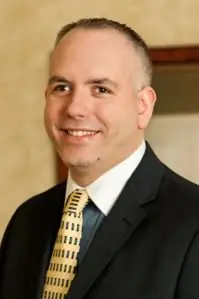
VP & CFO

Medical Director
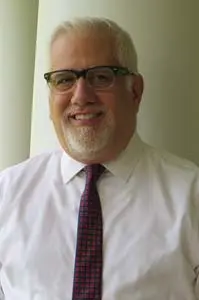
VP of Operations
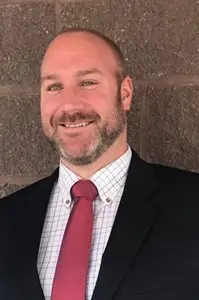
Clinical Director, Outpatient Services
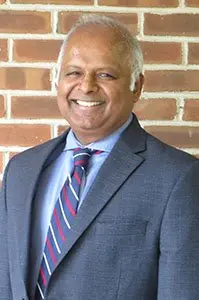
Program Director, Outpatient Services in Danbury
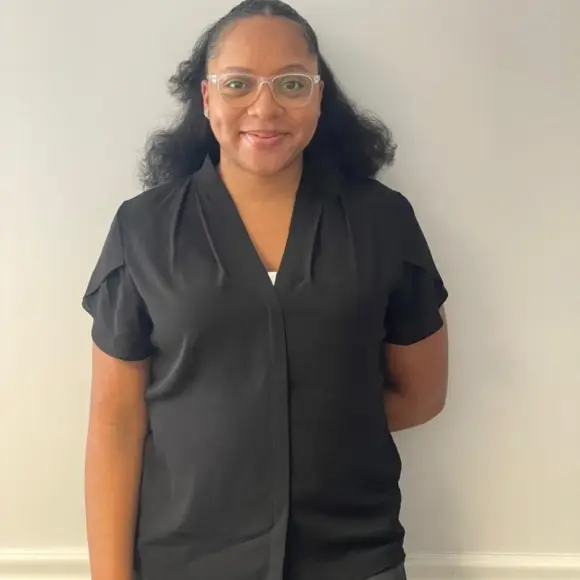
Program Director, Outpatient Services in Waterbury
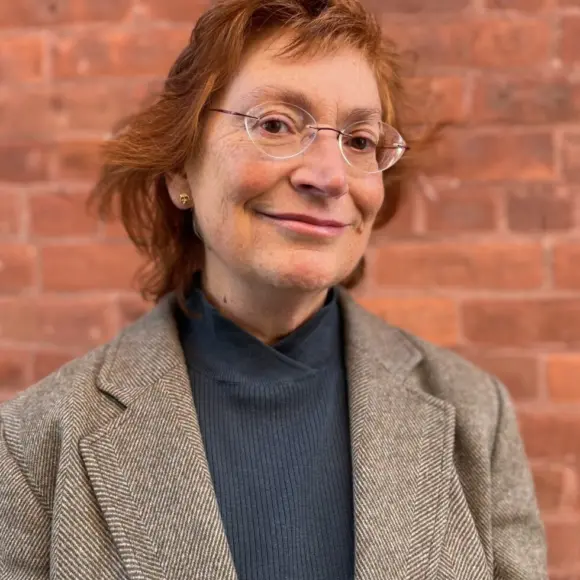
Facility Directory, Trinity Glen
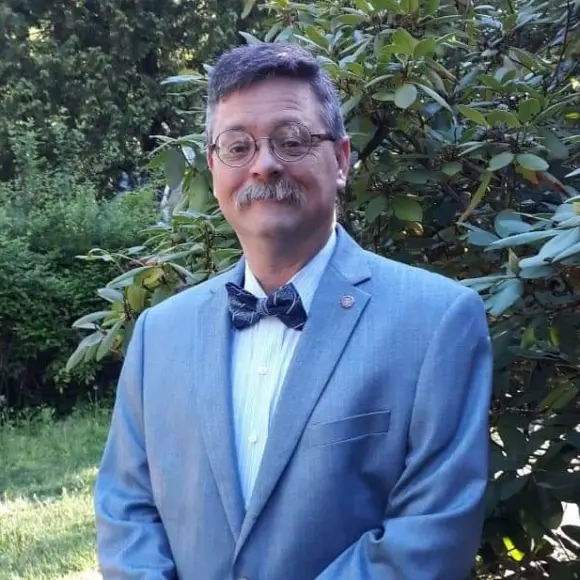
Program Director, McDonough House
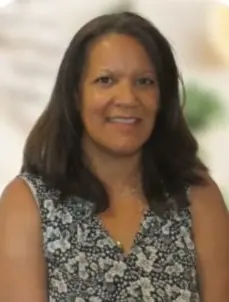
Program Director, Withdrawal Management Services (Detox and Admissions)
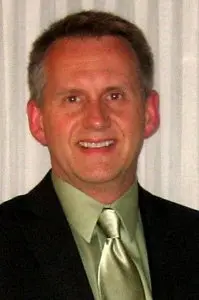
Program Director, Outpatient Services in Derby
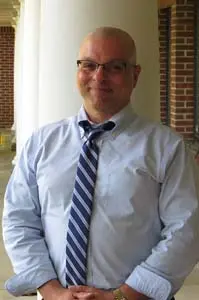
Program Director, Sobering Center, Sunrise Terrace, Recovery Support Services/Region V Case Management, and Vet House
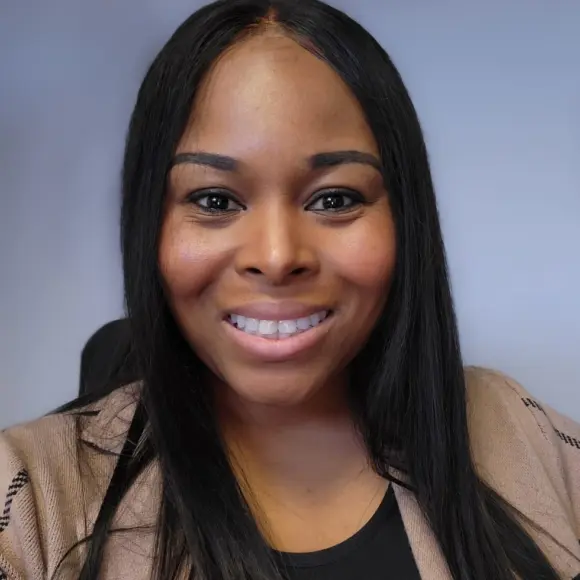
Program Director, Outpatient Services in Torrington, New Milford and TPP Programs
Accreditations

The Commission on Accreditation of Rehabilitation Facilities (CARF) is a non-profit organization that specifically accredits rehab organizations. Founded in 1966, CARF's, mission is to help service providers like rehab facilities maintain high standards of care.
CARF Accreditation: Yes
Accreditation Number: 251954

The Substance Abuse and Mental Health Services Administration (SAMHSA) is a branch of the U.S. Department of Health and Human Services. Established in 1992 by congress, SAMHSA's mission is to reduce the impact of substance abuse and mental illness on American's communities.
SAMHSA Listed: Yes
Contact Information
62-64 Kent Cornwall Road
Kent, CT 06757





